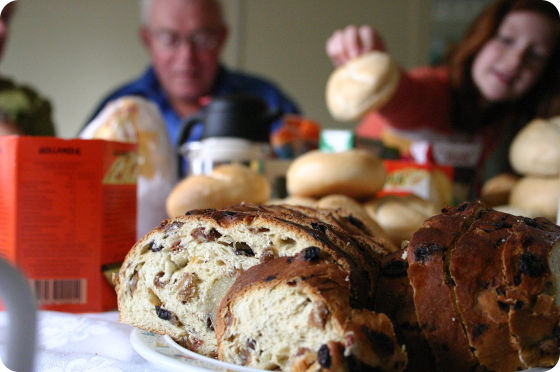Comfort food is something we talk about a lot here. Whether we're singing the praises of our own pasts or giving the spotlight to cuisine that fills the roles for other cultures, we recognize the importance certain culinary traditions, ingredients, and dishes help to form our very identities. And while that's a thought that's been shared by many cooks throughout the centuries, it's an idea that's been gathering the attention of the scientific community as well.

A recent study in the Journal of Experimental Social Psychology, authored by Van Bavel, social psychologist at New York University and his colleagues found that the stronger your sense of social identity, the more you are likely to enjoy the food associated with that identity. Van Bavel says that this study shows that how you feel while eating affects your perception of how food tastes and generally positive outlooks on one's social identity tend to help make the experiences you have with the food of that region take on the same positivity. In short, if you're a proud Southerner, you're quite likely to feel pretty great about Southern cuisine, especially if you're thinking about your roots when you're digging in.
Why is this important? Well, if you're feeling positive about foods associated with your roots, those foods can help play a critical role in things like helping people lose weight (as long as you're choosing healthy options from among those comforting childhood memories). Of course, not everyone has those positive associations, but helping those that do to find paths to healthier eating by incorporating foods closely tied to their own cultural identity might make the journey to healthier living one that gives them an additional walk (and nosh) down memory lane!
For more on the link between cultural identity and the foods we eat, check out this recent article by NPR's Food History & Culture writer, Anna Kusmer.
